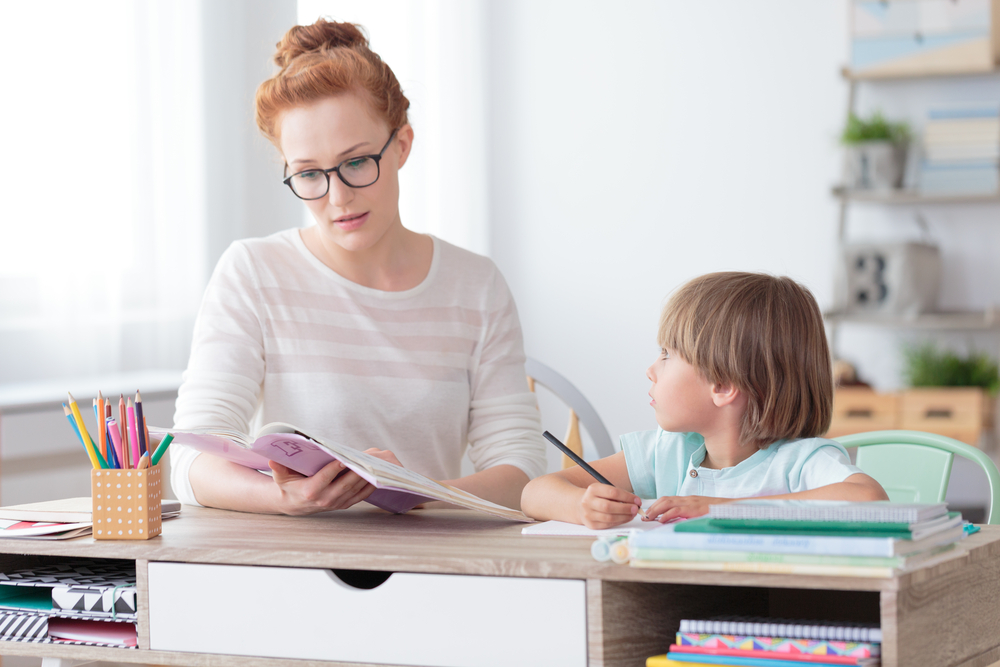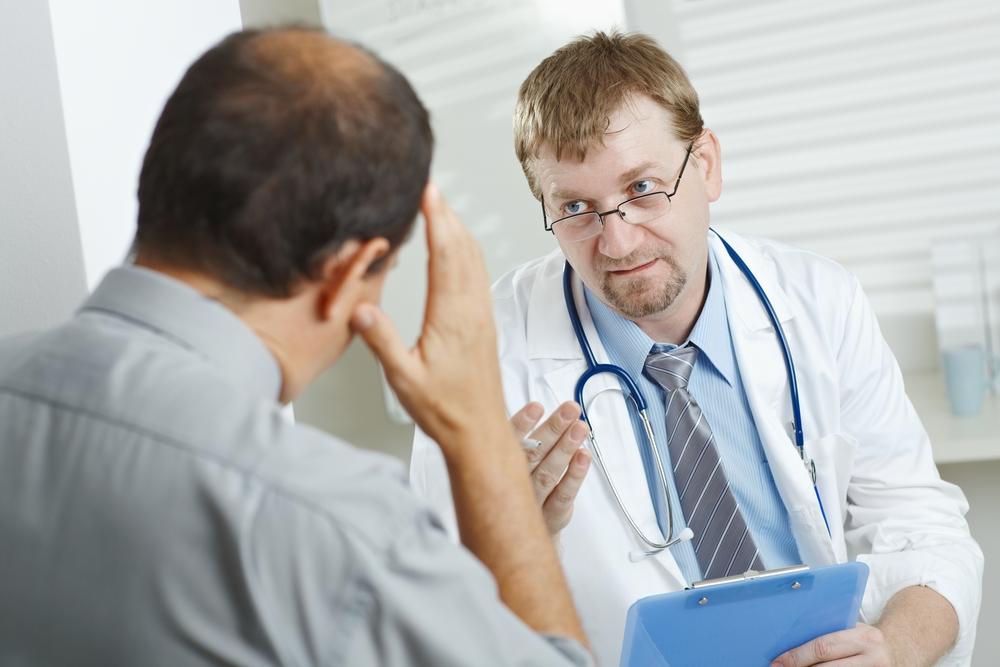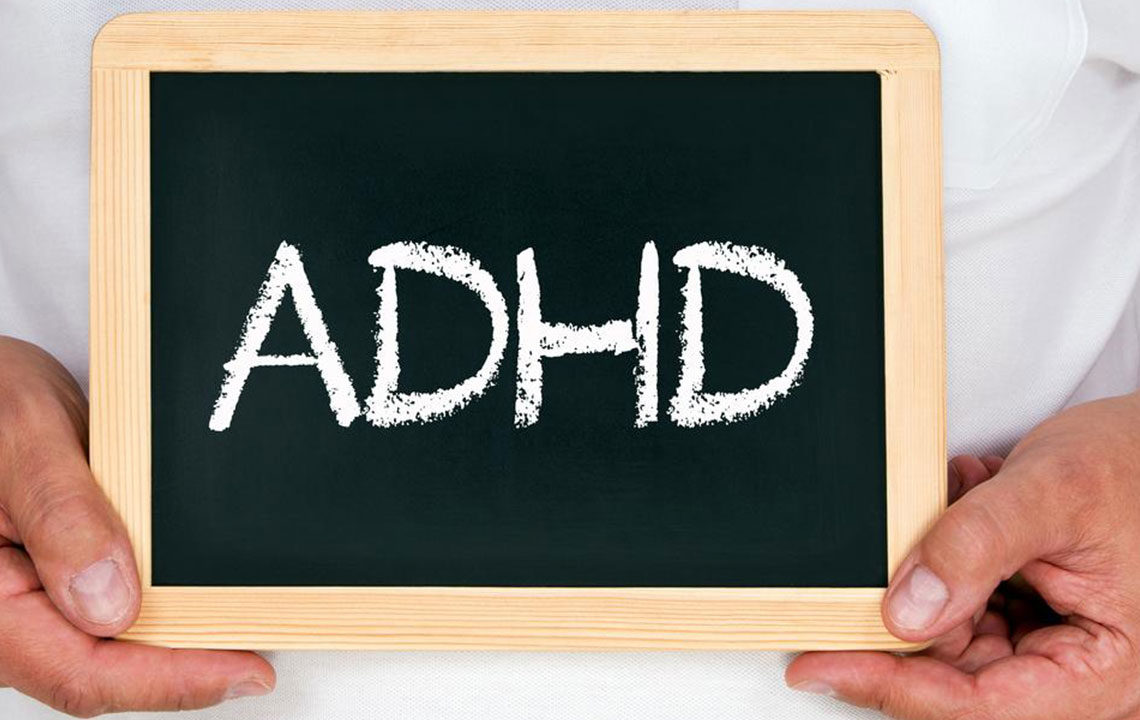Four Frequently Asked Questions About Adhd In Adults
Four frequently asked questions about ADHD in adults
Every adult who has been diagnosed with ADHD had it as a child as well. However, in some cases, it may not have been detected at a young age and is diagnosed later in life. While some kids with ADHD outgrow the condition but most still have it as adults as well.
To have healthy relationships and fulfilling careers, it is necessary to minimize the symptoms of ADHD in adults.

How is ADHD diagnosed in adults?
One first needs to visit a psychiatrist who has had an experience with diagnosing and treating people with ADHD. The doctor may conduct the diagnosis by-
- Conducting a physical examination to ensure that the symptoms are not caused by any other medical condition.
- The doctor may conduct psychological testing as well.
- Taking some blood of the patient and conducting tests on it.
- The doctor may further inquire about the medical history and lifestyle of the patient.
Also, the doctor may inquire if anyone else in the family has been diagnosed with ADHD. This information is essential as ADHD does seem to run in families.
What are some of the natural remedies that help treat ADHD?
Several natural remedies can help in coping with the ADHD symptoms in adults. Some of the common natural remedies that help in treating ADHD are-
- Don’t consume foods that contain preservatives- Food coloring and preservatives tend to increase the hyperactive behavior. Avoid foods like carbonated beverages, salad dressings, breadcrumbs, candy icing, fruit juice products, smoked haddock, gelatin desserts, and ice creams.
- Consider tai chi or yoga classes- There are some studies that have indicated that tai chi and yoga may be helpful in improving the symptoms of ADHD. Both these forms of exercises do indicate improvement in anxiety, hyperactivity, and social problems.
- Avoid any possible allergens- There can be an improvement in the behavior if a diet that restricts the consumption of any potential allergens is followed. One needs to consult the doctor in case they are suspecting that they may have any allergies.
Which are some of the medications used to treat ADHD in adults?
The patient who is diagnosed with ADHD and his doctor work together to make an effective treatment plan for the patient. The treatment usually includes medicines, education, therapy, family support, and learning more about ADHD.
- ADHD in adults is usually treated with stimulant medications. Some of the examples of the medications include Dexmethylphenidate (Focalin), Amphetamine/Dextroamphetamine (Adderall, Adderall XR), Dextroamphetamine (Dexedrine), Methylphenidate (Concerta, Daytrana, Metadate, Methylin, Ritalin, Quillivant XR), and Lisdexamfetamine (Vyvanse).
- However, stimulant medications are not always the best option because they are addictive and can be misused, short-acting stimulants may wear off quickly and may need to be consumed several times a day, and after they stop taking them the patients may have a hard time adjusting.
- Some of the non-stimulant medications that the doctor may recommend for ADHD in adults are Atomoxetine (Strattera), Clonidine (Kapvay), and Guanfacine (Intuniv).
How can one manage ADHD efficiently?
One can also take some measures on a personal level to manage the symptoms of ADHD. Some of the steps one can take to manage ADHD are-
Breathing slowly- Breathing slowly helps in managing some of the symptoms of ADHD like being impulsive, having anger issues, and calming the anxiety.
Organize- One can simply make a daily list of things they need to do and the work that is needed to be done. Also, one needs to remember to be realistic and reasonable while making these lists and not have too much or too little on it. Daily planners, post-its, google calendar, etc. are some of the great tools. One can also set a reminder on their smartphone for the task that is needed to be done.
Burn off extra energy- To cope with symptoms like hyperactivity or restlessness, one can burn the extra energy by simply exercising. Being active is a great way to cope with the symptoms.
Tags- adhd in adult, adhd inattentive adult, adhd symptoms adults




